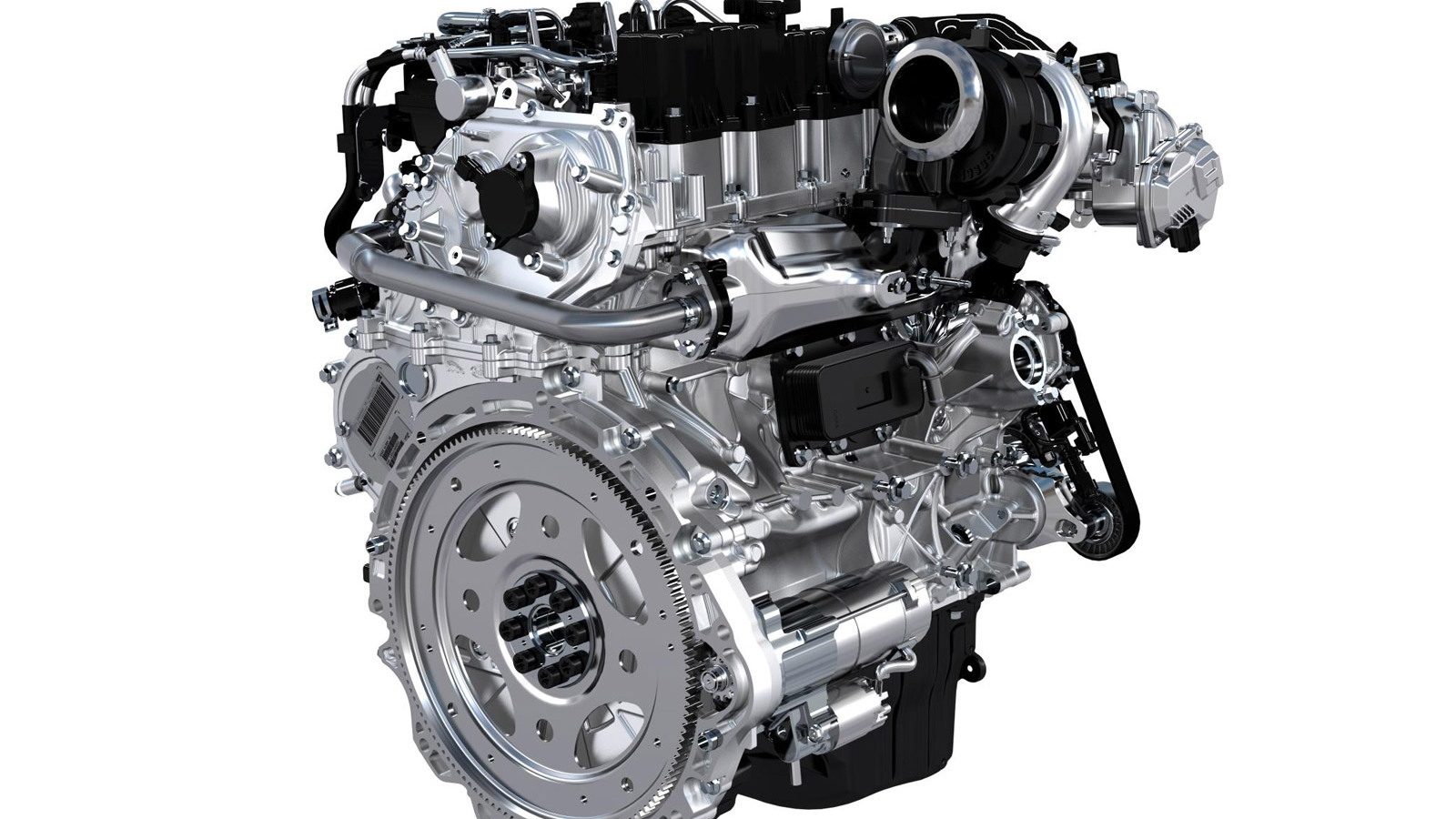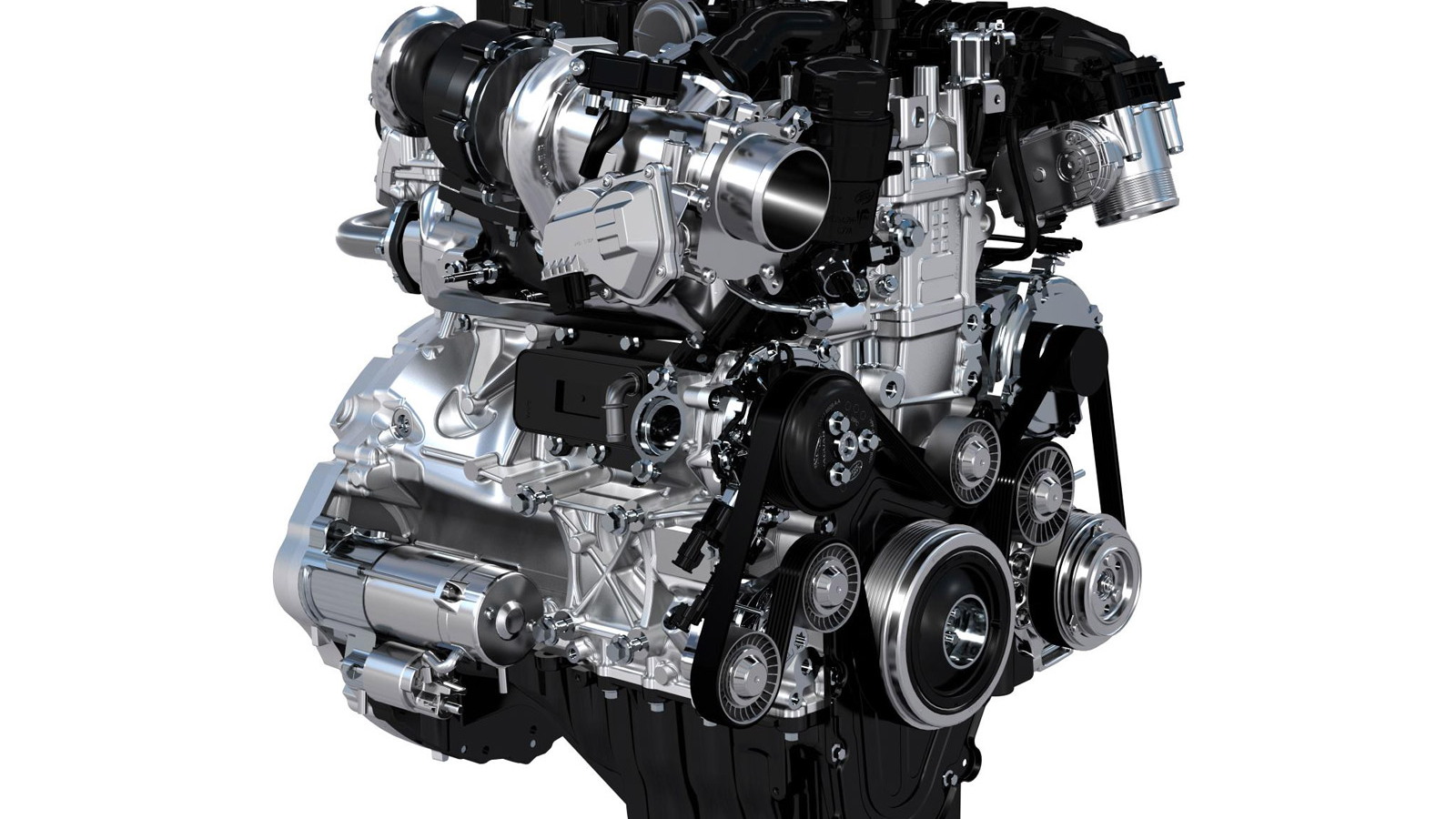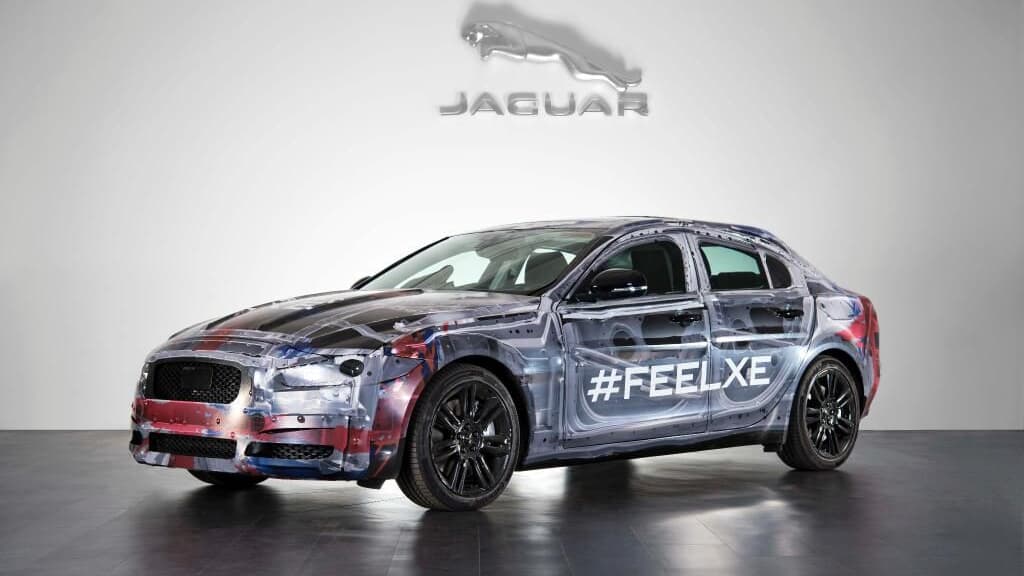The Ingenium engines come in both gasoline and diesel flavors and are around 176 pounds lighter than the current four-cylinder units Jaguar Land Rover uses, which are based on a previous Ford design. Jaguar Land Rover was responsible for the design of the new Ingenium engines, and will also be producing them, at a plant in Wolverhampton, England.
MUST SEE: Lamborghini Sesto Elemento Drag Races LaFerrari: Video
We still don’t have power figures but Jaguar Land Rover says the engines will deliver class-leading levels of torque, horsepower and refinement. They are also said to offer class-leading CO2 emission ratings thanks to stellar efficiency brought about by the use of roller bearings on cam and balancer shafts, computer-controlled oil and water pumps, offset crankshafts and variable piston cooling jets.
The engines are all based on a modular design, which is becoming the standard in the industry. The engines feature cylinders with a 500-cc capacity, meaning a total displacement of 2.0 liters, and the blocks are composed of aluminum. Turbocharging, direct fuel injection, variable valve timing and stop-start are also standard features of the Ingenium engines.
Importantly, the design is fully scalable in both directions, meaning Jaguar Land Rover will be able to create smaller or larger displacement variants in the future. The engines have also been designed to cater to rear-, all- and four-wheel-drive applications, as well as manual and automatic transmissions, and even hybrid technology.
Production of the Ingenium engines commences next year, after the completion of vigorous testing. Before the first Ingenium engine is sold, it will have already undergone the equivalent of more than eight years of testing. These tests include a huge range of integrity and durability testing, including more than 72,000 hours of dyno testing and two million miles of real-world testing.
_______________________________________




